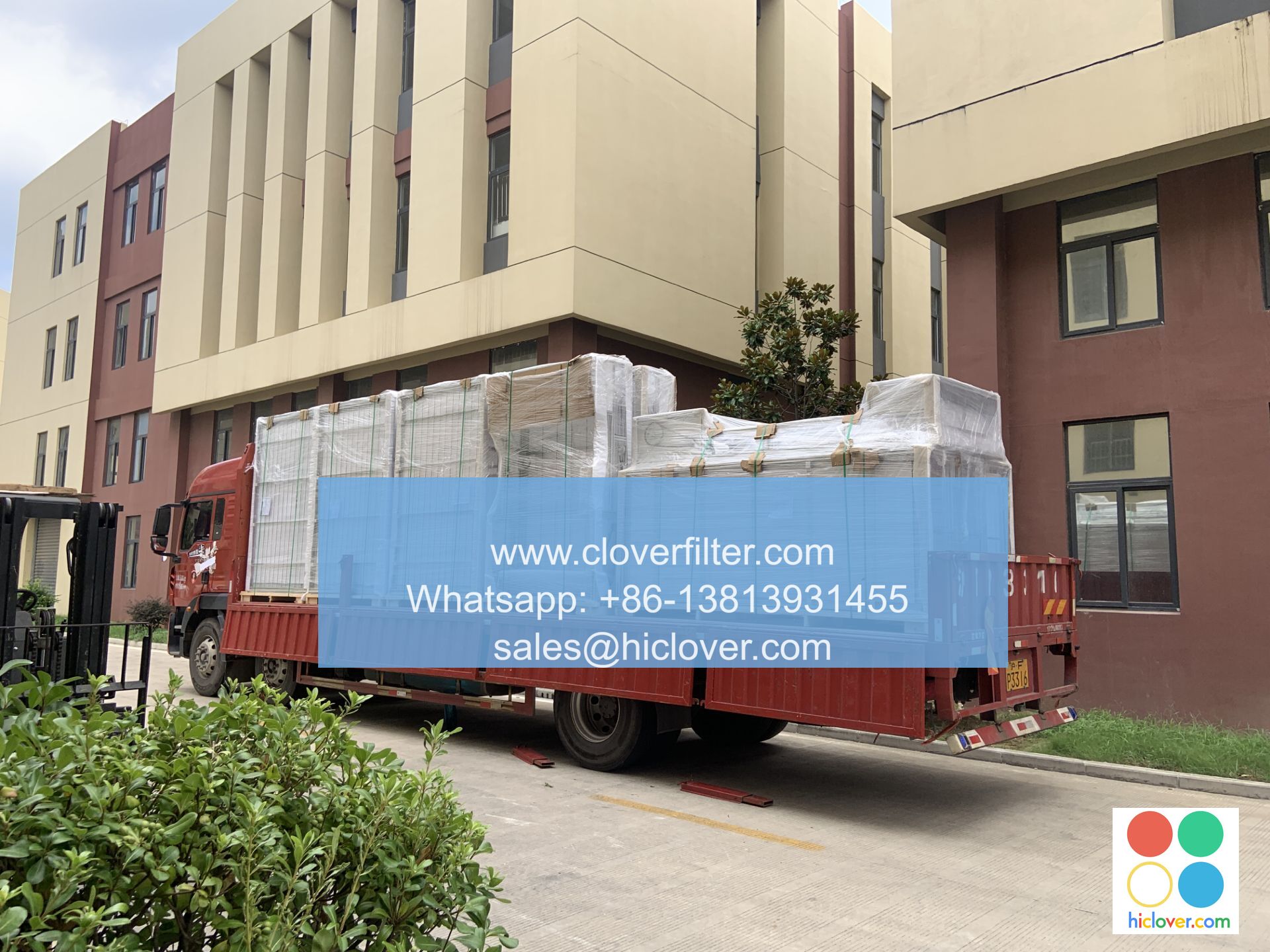Air Filter Logistics 101: A Beginner’s Guide

Air Filter Logistics 101: A Beginner’s Guide
What is Air Filter Logistics?
Air filter logistics refers to the planning, coordination, and execution of the movement and storage of air filters from the manufacturer to the end customer. This process involves a number of key stakeholders, including manufacturers, distributors, and end-users, working together to ensure that air filters are delivered on time and in the right condition.
Key Components of Air Filter Logistics
- Manufacturing: The manufacturing process involves the production of air filters, which are then packaged and prepared for shipping.
- Inventory Management: Effective inventory management is crucial in air filter logistics, as it ensures that the right quantity of filters are available at the right time to meet demand.
- Storage and Handling: Air filters require special storage and handling procedures to prevent damage and contamination.
- Transportation: Air filters must be transported safely and efficiently from the manufacturer to the end user, which requires careful planning and coordination.
- Distribution: Distribution involves the movement of air filters from the manufacturer to the end user, which may involve multiple stops and handovers.
- HVAC (Heating, Ventilation, and Air Conditioning): Air filters play a critical role in maintaining indoor air quality and improving air circulation in buildings.
- Industrial Manufacturing: Air filters are used to remove impurities and contaminants from air and gas streams in industrial processes.
- Healthcare: Air filters are used in hospitals and healthcare facilities to prevent the spread of airborne diseases.
- Automotive: Air filters are used in vehicles to improve engine performance and reduce emissions.
- Aerospace: Air filters are used in aircraft to remove contamination and improve air quality.
- Improved Delivery Time: Effective air filter logistics ensures that filters are delivered to the end user on time, which is critical in many industries.
- Reduced Costs: Streamlined logistics processes can help reduce costs by minimizing inventory holding costs and transportation costs.
- Increased Efficiency: Effective air filter logistics can improve efficiency by reducing delays and increasing productivity.
- Improved Quality: Proper storage and handling procedures can help ensure that air filters are delivered in good condition, which improves quality and reduces the risk of contamination.
Application Areas for Air Filter Logistics
Air filter logistics is a crucial process in several industries, including:
Benefits of Effective Air Filter Logistics
Conclusion
In conclusion, air filter logistics is a critical process that involves the planning, coordination, and execution of the movement and storage of air filters from the manufacturer to the end user. By understanding the key components of air filter logistics, including manufacturing, inventory management, storage and handling, transportation, and distribution, companies can ensure that air filters are delivered on time and in the right condition, which can improve delivery time, reduce costs, increase efficiency, and improve quality. Whether in the HVAC, industrial manufacturing, healthcare, automotive, or aerospace industries, effective air filter logistics is essential for maintaining air quality and ensuring the success of critical operations.
What’s the prompt?


